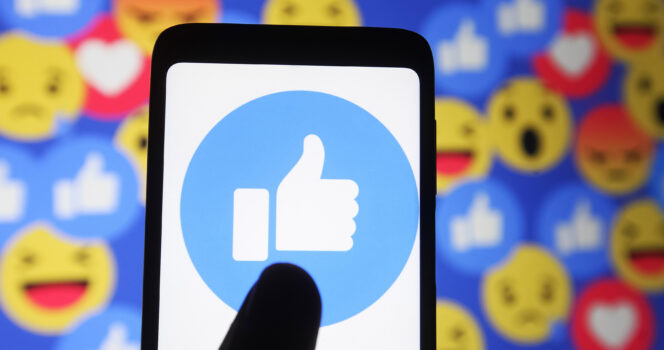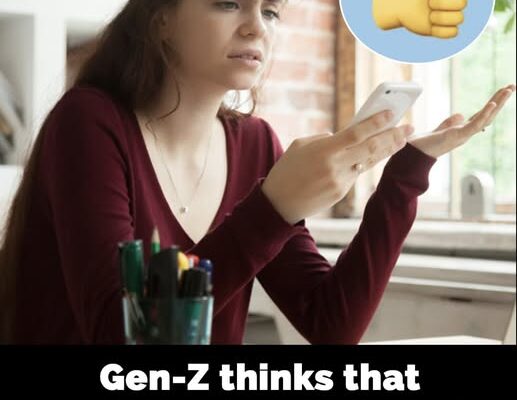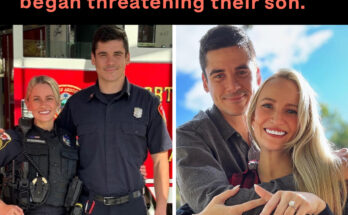Each generation has its quirks and traits that can sometimes baffle those from earlier times. Today, we’re diving into one of those differences that might seem insignificant to some, but means a great deal to others — the humble ‘thumbs-up’ emoji.

Have you ever considered that something as simple as a thumbs-up emoji could be seen as rude or passive-aggressive? Well, for some young individuals, particularly those from Generation Z, this is exactly how they perceive it.
The gap between generations has always been a topic of discussion. After the Baby Boomers and Gen-X faced a bit of confusion with Millennials, now we have Generation Z, often leaving everyone else scratching their heads in disbelief. The cultural nuances of today’s young generation are not easily grasped by others, and this emoji debacle is one classic example.
Many young folks feel that the ‘thumbs-up’ emoji isn’t the friendliest option out there. In fact, it’s seen by some as ‘passive aggressive’ and even ‘triggering.’
An individual fresh into the working world shared their experience, stating, “I recently started a new job where we use Microsoft Teams to communicate. We have limited emoji options to respond with, unless one writes out a response with any emoji they like. I’ve noticed that many colleagues favor the ‘thumbs-up’ emoji.”
They elaborated further, expressing a personal choice, “Personally, I don’t use it much. I prefer ‘heart’ reactions or a simple reply like ‘Great!’ or ‘Thanks!’ Although I think I might overuse exclamation marks, but that’s another story!”
This individual also reached out for opinions, questioning, “So, while it’s normal to see ‘thumbs-up’ in response to messages, I find it rather unsettling. Does anyone else feel this way?”
Others have echoed these sentiments. A 24-year-old commented, “For younger people, the thumbs-up emoji carries a passive-aggressive tone.”
Another person remarked, “Maybe it feels off because it’s not personal enough. Judging from your post, you seem to enjoy more meaningful interactions with others.”
Clearly, there’s a generational divide in how the thumbs-up emoji is perceived and used. It goes to show how the same symbol can hold different meanings for different people. So, what are your thoughts on this evolving interpretation of emojis? It’d be interesting to hear various perspectives. Feel free to discuss this with friends who might find it just as intriguing!



